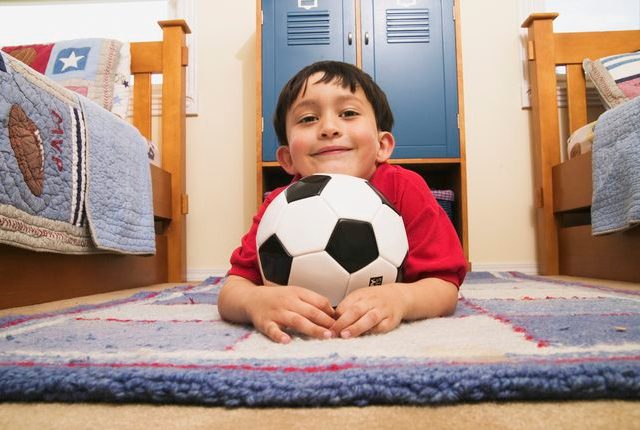Wireless bedewtting alarms
All young children sometimes wet their beds. However many youngsters continue to wet their beds into grade school and beyond, developing stress and shame on their own and their households.
The medical term for bed-wetting is nocturnal enuresis. Main nighttime enuresis (PNE) is the most typical kind and refers to children who have actually never ever been dry at night for any extended amount of time. Kids are ruled out to have this problem till they are 5 years of ages and damp the bed at least 2 times a month.
Secondary enuresis describes bed-wetting that begins after a kid has been dry for a duration of a minimum of 6 months.
Enuretic alarms
According to the National Kidney Foundation, bed-wetting effects 5 to 7 million kids older than age 6 in the United States, taking place 3 times more frequently in kids than in girls.
Bed-wetting tends to decrease with age. An estimated 15 to 25 percent of all 5-year-olds damp the bed. With each year of maturity, that number decreases by 15 percent.
Medical professionals aren't sure what causes bed-wetting. However genes plays an essential role. A post in the Feb. 2, 2008, Journal of the American Academy of Child and Adolescent Psychiatry reported that kids and women who had two parents who were bed-wetters had a 77 percent chance of ending up being enuretic, compared with a 15 percent opportunity if neither moms and dad had PNE.
Other inclining factors include sleep conditions, hormonal agent deficiency or excessive production of urine.
2 of the most typical factors for secondary enuresis are urinary system infections and stressful scenarios in the house or school.
Bed-wetting is not a sign of laziness or of an underlying mental disorder. It's a medical condition that requires proper care. If left unattended, it can damage a child's self-confidence and trigger stress and anxiety and social withdrawal.
TIPS FOR PREVENTING BED-WETTING
Adhere to a routine. A regular schedule trains kids when to clear their bladders throughout the day and night.
Limit liquids prior to bedtime. Taper liquid consumption at nights. Prevent caffeinated beverages during the night.
Utilize the bathroom right before bed. If kids are reluctant or rushed, encourage them to urinate 30 minutes prior to bedtime, then when again prior to entering bed.
Waken children as soon as at night to go to the bathroom.
Attempt a 'moisture alarm.' The alarm beeps at the first sign of wetness, awakening heavy sleepers and triggering them to use the toilet.
Keep a journal. Record what kids eat and do each day, then keep in mind whether they've been damp or dry. You may reveal subtle elements that add to remaining dry.
Talk with your physician about medications that treat bedwetting.
Utilize a sleeping bag on the bed. Distribute 2 washable sleeping bags: one can be in the wash while the other is on the bed.
Consider disposable underpants. They supply short-term relief and lessen damp sheets.
Make bedtime pleasant. Bedwetting kids need extra TLC. Spend time reading books, quietly talking, providing encouragement and revealing them you care.
Click here for more : How to Stop Bedwetting,Bedwetting solutions,Bedwetting store

Post a Comment